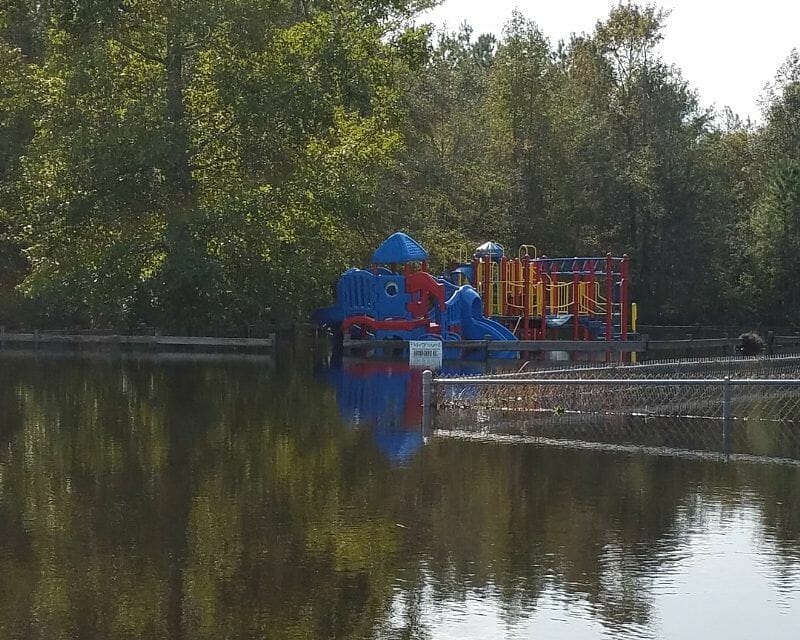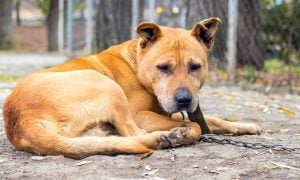Dozens of child support centers in North and South Carolina are struggling to help families hit by Hurricane Matthew as they face a disturbing lack of government aid.
In the aftermath of the devastating natural disaster, government funds are going toward reconstructing schools, creating first-aid points and helping nonprofit children’s centers — but this help does not extend to for-profit entities, which represent the majority of child care facilities in the U.S.
“Unfortunately, it is the “for-profit” business designation that stands in the way for most child care centers,” said Jeanne-Aimée De Marrais, senior director of U.S. emergencies for nonprofit Save the Children, in an interview with Lady Freethinker. “But the truth of the matter is that most of these centers run on tiny or non-existent profit margins, and vulnerable children are the real losers in this formulation.”
After suffering a traumatic event, children typically require immediate care.
“Continued stress and insecurity that follows a disaster can have a profound impact on young children,” said De Marrais. “It’s critical that children have the opportunity to return to a daily routine that gives them comfort as quickly as possible. Child care provides a safe, nurturing environment where kids can be kids again and continue their healthy development.”
And yet, due to current legislation, 86 children centers, caring for more than 6.000 children, have been unable to reopen after the flooding in Lousiana due to lack of funding. And while the debate on supporting for-profit organizations started years ago after Hurricane Katrina, there is little hope that more inclusive regulation will replace current laws anytime soon, according to De Marrais.
“Unfortunately, there is no indication that the current policy will change. After Hurricane Katrina, the National Commission on Children and Disasters recognized the dire need to help regulated child care programs reopen quickly – yet policy change to allow all child care centers to benefit from recovery funding has not followed,” she explains. “Again and again, the majority of damaged and destroyed child care programs in disasters – including after Hurricane Sandy, the recent Gulf Coast flooding, and now Hurricane Matthew — find they cannot tap federal recovery support.”
Save the Children is currently raising funds to help some of the poorest areas hit by Hurricane Matthew, and asks the population to support their initiative but also to join them in calling for a change in the way post-disaster funds are allocated.
“We hope that Congress will grant FEMA the authority to provide recovery assistance to private, for-profit child care centers, which are responsible for most child care in the United States,” says De Marrais. “For now, Save the Children is working to fill the child care recovery gap the best we can, but we depend on our generous donors to do so.”
To support Save the Children’s work, click here.







